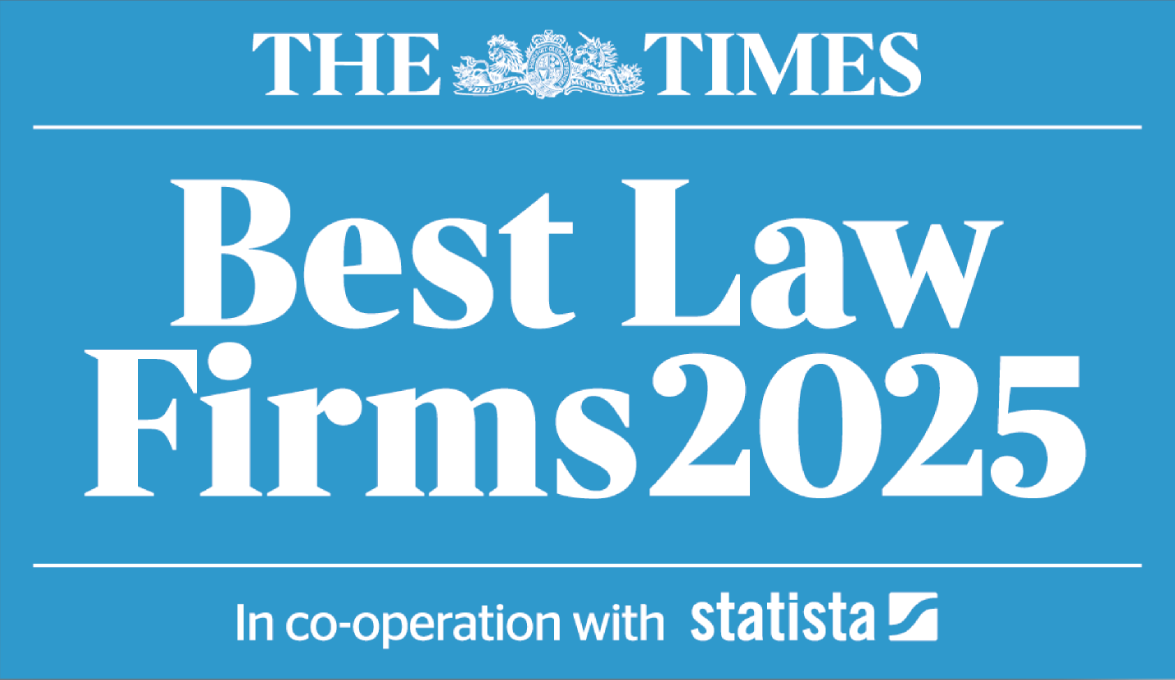Common Types of Shareholder Disputes
At Lewis Nedas Law, we have extensive experience handling a wide range of shareholder disputes. Below are some of the most common types of cases we deal with:
Unfair Prejudice Claims
Unfair prejudice claims arise when company affairs are conducted in a manner that is prejudicial to the interests of shareholders. Examples include mismanagement, exclusion from decision-making processes, or misappropriation of funds. Shareholders bringing an unfair prejudice claim may seek remedies such as:
- Buyout Orders: Requiring the company to purchase the aggrieved shareholder’s shares at fair market value.
- Injunctive Relief: Preventing directors from taking contentious actions that harm shareholders’ interests.
Derivative Actions
Derivative actions allow shareholders to bring claims on behalf of the company against directors who have breached their legal duties. These claims require court approval and typically involve allegations such as negligence, fraud, or breach of fiduciary duty by directors.
Winding Up Petitions
As a last resort, shareholders may apply to the court to have the company wound up if it is considered just and equitable to do so. This remedy is typically sought in cases where relationships have irreparably broken down or where continued operation of the company is no longer viable.
Voting Rights Disputes
Shareholders possess voting rights that enable them to influence key decisions within a company. Disputes may arise over issues such as altering Articles of Association, issuing shares, or removing directors. Our solicitors can help resolve these conflicts while ensuring compliance with corporate governance rules.
General Meetings
Shareholders with at least 5% of share capital can call general meetings to address concerns about company management. Disputes may occur if directors refuse to call meetings or fail to act on shareholder resolutions.
How Lewis Nedas Law Can Help
At Lewis Nedas Law, our team of shareholder disputes lawyers provides comprehensive support at every stage of the dispute resolution process:
- Strategic Advice: We take the time to understand your specific circumstances and develop tailored strategies to resolve disputes efficiently.
- Alternative Dispute Resolution (ADR): Where possible, we explore ADR methods such as negotiation or mediation to achieve amicable resolutions without court proceedings.
- Robust Representation: If litigation becomes necessary, our solicitors provide strong advocacy in court to protect your interests and secure favourable outcomes.
- Corporate Governance Expertise: We ensure compliance with the Companies Act 2006 and other relevant regulations while addressing shareholder concerns effectively.
Our goal is to minimise disruption to your business while achieving results that safeguard your rights and interests.
Key Legal Rights for Shareholders
Shareholders have several rights under UK law that enable them to address disputes effectively:
- Inspection Rights: Shareholders have limited statutory rights to inspect company accounts produced by directors.
- Voting Rights: Shareholder approval is required for certain decisions, including altering Articles of Association or removing directors.
- General Meeting Powers: Shareholders holding at least 5% of share capital can call general meetings independently if directors refuse to do so.
Understanding these rights is crucial for resolving disputes efficiently and ensuring accountability within corporate governance.
Frequently Asked Questions About Shareholder Disputes
What is an unfair prejudice claim?
An unfair prejudice claim is brought by shareholders who allege that company affairs are being conducted in a manner prejudicial to their interests. Remedies may include buyout orders or injunctive relief against contentious actions.
Can minority shareholders bring legal action?
Yes, minority shareholders can bring derivative actions on behalf of the company against directors who have breached their legal duties. They may also file unfair prejudice claims if they believe their rights have been violated.
What voting rights do shareholders possess?
Shareholders’ voting rights are typically outlined in the company’s Articles of Association. Certain decisions require supermajority approval (over 50%), while others require simple majority votes.
When can a company be wound up?
A company can be wound up if it is considered just and equitable by the court—typically in cases where relationships among shareholders or directors have irreparably broken down.
Contact Our Shareholder Disputes Lawyers in London
At Lewis Nedas Law, we combine expertise with dedication to deliver exceptional results for our clients facing shareholder disputes. Whether you are pursuing an unfair prejudice claim, filing a derivative action, or seeking injunctive relief, our team is here to guide you through this challenging process with confidence.
Contact us today on 020 4572 1313 or complete our online enquiry form for expert advice tailored to your needs. Let us help you resolve your shareholder dispute efficiently so you can focus on what matters most—your business success.





